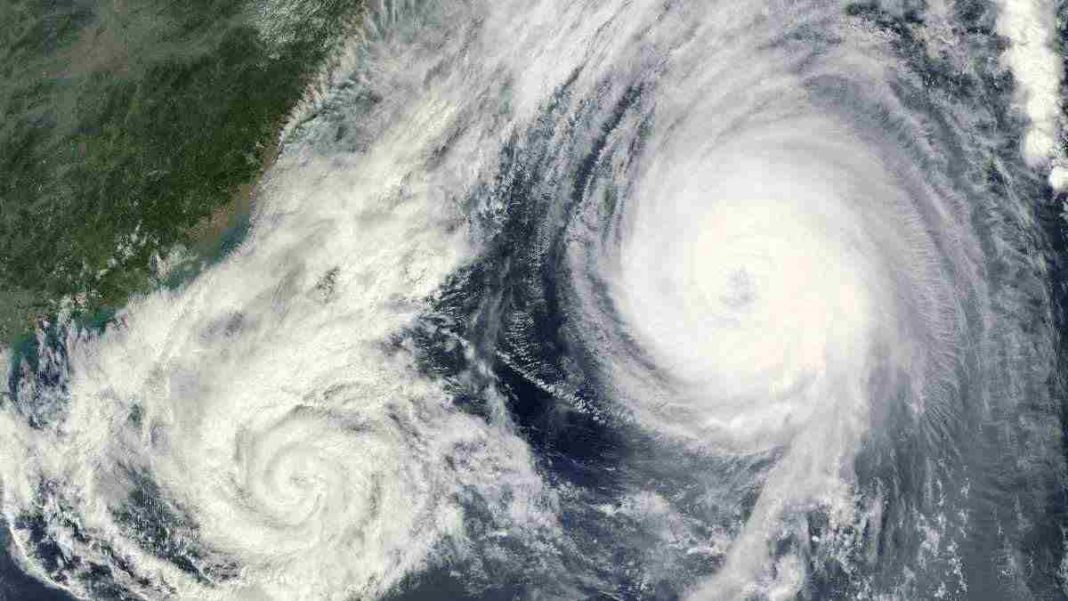INDIA: Indian authorities are closely monitoring a potential cyclonic storm developing over the Bay of Bengal, with the system expected to land between May 8 and May 11. The Indian Meteorological Department (IMD) has not yet issued an official forecast, but the state government has already started working on pre-emptive measures.
According to sources within the IMD, some cyclonic storms that formed in May over the past few years have directly or indirectly impacted Bengal. As such, the Met Office is working closely with the state government by updating its predictions regularly. The possibility of a low-pressure area over the southern part of the Bay of Bengal by May 8 is also being closely monitored.
There is no significant disagreement regarding whether this storm will be cyclonic and in which direction it will move if it becomes a cyclone, according to GK Das, director of weather at the Regional Meteorological Centre in Kolkata. By Thursday, we can say with more certainty.
If the system develops into a cyclone, it will be called Mocha, a name Yemen gave.
In recent years, cyclonic storms like Yaas, Amphan, and Aila struck Bengal in May. Some factors, such as high sea surface temperature and reduced wind shear around this time of year, make conditions favourable for the formation of cyclonic storms over the Bay of Bengal.
As a result, the state government has started meeting with all stakeholders to protect life and minimize destruction. On Tuesday, Chief Secretary H K Dwivedi met with the state disaster management group, National Disaster Response Force (NDRF), Coast Guard, Disaster, NDRF, and Coastal Police to draw up a preparedness plan.
Meanwhile, Odisha Chief Minister Naveen Patnaik has also met with senior government officials regarding the possible cyclonic situation due to low pressure in the South Bay of Bengal. He advised all departments, including NDRF, ODRAF, and fire services, to remain prepared for any situation and, if necessary, evacuate all people from coastal and low-lying areas and keep them safe in cyclone shelters.
The Chief Minister has instructed the Special Relief Commissioner to actively monitor the situation and work in conjunction with all departments as it develops. The Chief Secretary is to conduct routine evaluations of the cyclone.
Also Read: German Police Demand Repression of the Increasing Climate Protests



